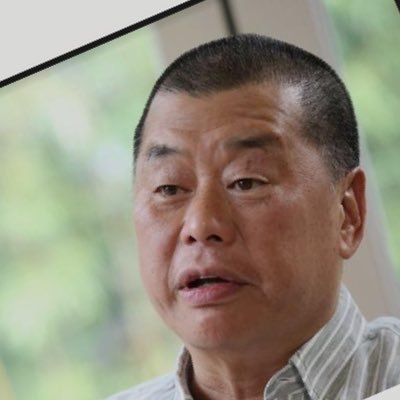British lawyer pulls out of Hong Kong case amid 'pressure', HK says
A British prosecutor hired by the Hong Kong government to lead a case against tabloid media magnate Jimmy Lai and several other democracy activists has pulled out after coming under pressure in Britain, the city's Department of Justice said on Wednesday.

- Country:
- China
A British prosecutor hired by the Hong Kong government to lead a case against tabloid media magnate Jimmy Lai and several other democracy activists has pulled out after coming under pressure in Britain, the city's Department of Justice said on Wednesday. The case against Lai and others, including veteran democracy activists Martin Lee and Margaret Ng, relates to protests in August 2019, according to broadcaster RTHK.
Lai has since been charged with offences under the city's sweeping new national security law, sparking foreign condemnation. The Department of Justice noted "growing pressure and criticism" of Perry within Britain for taking the case.
Perry, a Queen's Counsel, had "concerns about such pressures and the exemption of quarantine" and "indicated that the trial should proceed without him", the department said in a statement. British Foreign Secretary Dominic Raab told Sky TV in an interviewer on Sunday that Perry had handed the Chinese government a "PR coup" and had behaved in a "pretty mercenary way".
Perry could not immediately be reached for comment. The department said it had hired another lawyer to prosecute the case. It is not yet known if that lawyer is also foreign. Under Hong Kong's independent Common Law-based legal system, foreign lawyers are sometimes used by both the defence and prosecution sides in cases.
Lai, 73, owns the Apple Daily - which has a reputation of being fiercely critical of the city government - and is the highest profile figure to be charged under the national security law that Beijing imposed on the city on June 30 last year after months of pro-democracy protests across the global financial hub. The law sets out tough punishment for terrorism, subversion and colluding with foreign forces while allowing some suspects to be taken to mainland China for trial in complex cases.
Critics say the law threatens the vaunted judicial independence in the former British colony.
(This story has not been edited by Devdiscourse staff and is auto-generated from a syndicated feed.)
ALSO READ
Cyber board says Chinese hack of US officials was 'preventable'
Scathing federal report rips Microsoft for shoddy security, insincerity in response to Chinese hack
Tennis-Wuhan Open to return for the first time since 2019, Chinese media say
Eight missing after Chinese fishing boat collides with Panama container ship
Chinese internet giants buying back own shares to boost market value amid stock rout










